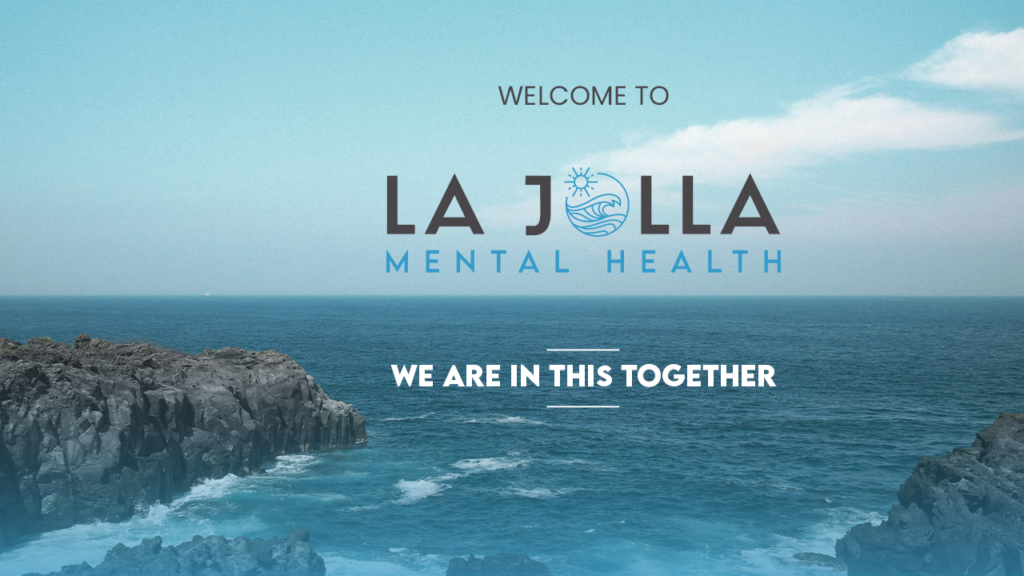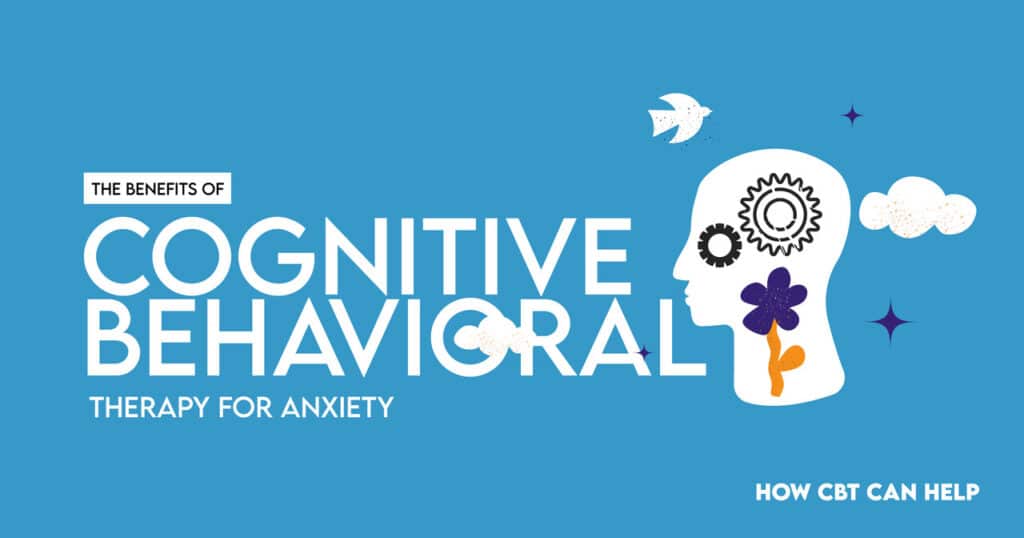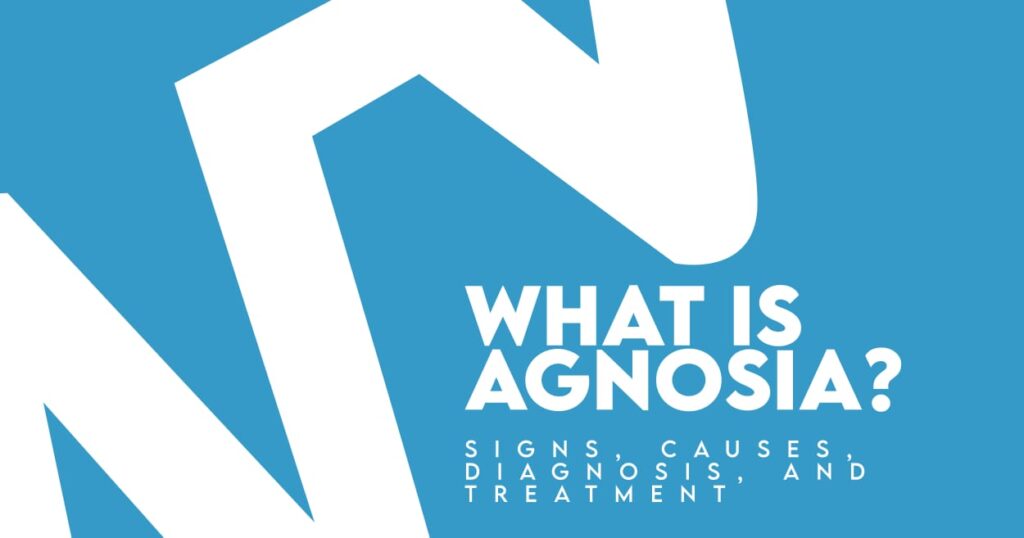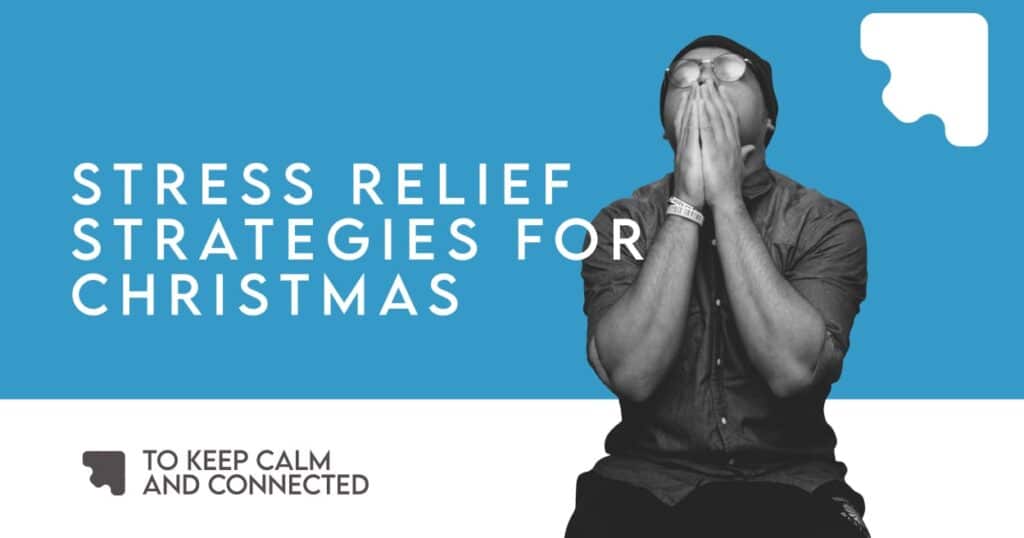You would be surprised to learn how many children and adults have an anxiety disorder – it is believed every third person in the world has struggled with this issue at some point during their life. While on one hand anxiety is a normal reaction to a stressful situation, constant uneasiness and fear will certainly be a detriment to a person’s life.
People with anxiety should consider Cognitive Behavioral Therapy (CBT) – a unique talk therapy that targets the thoughts, emotions, and behavior of the individual and provides the patient with the skills to cope with the anxiety symptoms and build better habits. In our guide we will teach you the basics of Cognitive Behavioral Therapy for anxiety and explain the benefits of this treatment.
What Is Cognitive Behavioral Therapy (CBT)?
Cognitive Behavioral Therapy (CBT) is a psychotherapy aimed at various mental health disorders and concerns – this goal-oriented therapy is usually implemented during therapy sessions with a certified professional who is able to guide the patient struggling with anxiety or similar issues. The purpose of CBT is to determine misconceptions of the individual regarding their personal and professional matters and put an end to false perceptions that harm the person and make them feel uneasy and scared to make decisions or participate in activities and events that frighten them.
CBT was developed to offer people struggling with mental health conditions – anxiety and depression included – a way to manage their emotions, recognize dangerous thoughts when they appear, and cope with symptoms of a mental health disorder. Your therapist may offer you to try this approach during your first session – this will give you a new perspective on the stress you are experiencing whether you are dealing with major life events, work-related stress, or difficulties in your personal and social life.
How CBT Targets Anxiety
There are several ways to implement CBT to treat anxiety – below you can see how CBT helps anxiety and discover valuable techniques to start your recovery:
| CBT Technique | Description |
| Analyze the Patterns | Talk to your therapist and understand what internal thoughts and external circumstances trigger your anxiety – for instance, if criticism or insults of your peer negatively affect your perception of self, you may want to avoid this person in the future |
| Reframe the Thoughts | While relying on your emotions is not necessarily a bad thing, it is crucial to base your behavior on facts instead of feelings that may not align with reality |
| Engage in Activities | Instead of sticking to your old habits and avoiding anything new that scares you, challenge yourself – go out with friends, pick up a new hobby, and meet new people |
| Document Your Progress | Do not limit your treatment to a few sessions with the therapist – it is important to write down your feelings about CBT and track the changes in your behavior on a daily basis |
Key Benefits of CBT for Anxiety
Reduces Negative Thought Patterns
It may be oddly comforting to belittle yourself and your achievements and choose to find fault in everything you do but this negative thinking will not do you any good, especially in the long run. You should replace these unhelpful thoughts with positive reinforcements – focus on your accomplishments, practice self-love, and reflect on your victories and failures without bias.
Improves Coping Skills
There are various CBT methods to calm yourself down – breathe deeply, move around, devote a few minutes to visualize a happier future, and constantly challenge your own thought process. If you find yourself feeling uneasy, take a break and remember that any difficult situation you may be in can have a solution whether it is within your reach or it is manageable with the support of your inner circle and mental health professionals.
Enhances Problem-Solving Abilities
When you suffer from anxiety, you may feel frozen in front of the obstacle you feel unable to overcome. CBT is designed to equip you with skills that you can apply to come up with solutions to your problems – logic, imagination, research, creativity, and communication are enhanced when you have the tools you need in your arsenal.
Techniques Used in CBT for Anxiety
Cognitive Restructuring
One of the main therapeutic approaches of anxiety treatment with CBT is to examine the thinking process of the individual and figure out which thought patterns and beliefs are harmful to their health. Instead of concentrating on negative thoughts that often are not true, the patient focuses on the alternative slowly adopting a new way of thinking
Exposure Therapy
Therapists use this technique to help their patients confront their phobias. Exposure therapy is considered an effective way to resolve the issue – the patient is able to face the challenge and learn the activity or situation they are anxious about is not that scary; for instance, a person that struggles with public speaking may be encouraged to give a speech in front of the audience.
Relaxation Techniques
Fortunately, patients these days have access to a myriad of practices that are supposed to assist them in their fight with mental disorders. It is possible to reduce stress even without a visit to a mental health professional – for example, breathing exercises, medication, aromatherapy, art therapy, and exercise can be carried out at home.
Who Can Benefit From CBT for Anxiety?
People diagnosed with different disorders and phobias can find CBT intended to treat anxiety and the skills it teaches useful:
- A person that suffers from an eating disorder (anorexia, bulimia, or binge eating disorder) can be taught better nutrition and get back to a healthy weight for their height and age if their therapist succeeds in showing them how to change their dietary rules and prevent harmful thoughts associated with food.
- It has been found that people that struggle with chronic or acute post-traumatic stress disorder (PTSD) respond well to CBT treatment – therapy helps them realize their thought patterns are harmful and unrealistic so that patients can return to their normal lives without the echo of trauma from their past.
- Nowadays, CBT is widely used to help addicts. If you or someone you care about is addicted to alcohol, drugs, or gambling, schedule an appointment with a therapist who specializes in CBT – your mental health provider will be able to identify triggering and high-risk scenarios that make the person drink, take drugs, or bet their savings as well as come up with strategies to manage the addiction.
How Effective Is CBT for Long-Term Anxiety Relief?
Therapists have long praised CBT and its advantages over similar types of therapy – here are a few long-term benefits of CBT for anxiety you should consider:
| The Benefit of CBT | Description |
Builds Hope for a Patient |
People overcome with agitation may feel pessimistic about their prospects – CBT will amend this pattern showing the individual their thoughts are not always correct |
Boosts the Self-Esteem of the Individual |
Negative behavior is often linked to the person’s low opinion of themselves – how they look, how they talk, how they present themselves to others, etc. Through CBT you will be able to come up with a more positive mindset |
Incorporates Relaxation Techniques in a Person’s Life |
It is only natural the well-being and productivity of the individual suffer when they never take a break to take care of their mental health – with CBT skills, you will know how to relax, avoid triggers, and control your environment |
Embracing CBT for a Healthier Mindset
CBT is an effective and powerful tool patients and therapists should implement to target anxiety and either completely get rid of this disorder or at the very least, minimize its negative impact on the person’s life. This therapy will allow you to restore your mental health, get your emotions under control, change your thinking patterns, and open the door to a more fulfilling and happy future.
Patients who introduced CBT techniques to their daily life have noted their behavior has changed for the better – they learned how to respond to stressful situations with calm and poise as well as step out of their comfort zone. Give CBT a chance and feel its positive influence on your life!
FAQs on CBT for Anxiety
- What is Cognitive Behavioral Therapy (CBT)?
CBT can be defined as a special type of psychotherapy whose goal is to let the patient manage their mental health disorder via recognizing negative or inaccurate thinking and getting rid of harmful ideas.
- What are the main techniques of CBT?
The main components of CBT you can take advantage of are the identification of dysfunctional patterns, exposure to things that scare you to learn to cope with challenges in your life, and constant rethinking of your behavior to figure out what accelerates or stalls your progress.
- What are the benefits of CBT for anxiety?
CBT was created to remind patients that sometimes their thoughts are not accurate whether they have low self-confidence or engage in harmful practices such as alcohol or drug addiction. It allows the person to develop a positive outlook even when their circumstances seem desperate – through rational thinking and avoiding negative patterns, a patient can hope for recovery.
- Can I practice CBT on my own?
While it is recommended to talk to a certified therapist to handle anxiety, you may start practicing it from the comfort of your own home – certain skills like visualization and meditation do not require a professional approach.
- Will my therapist help me with CBT?
Yes, if you talk to your therapist about your anxiety, it is likely they will advise you to try CBT whether you bring this type of therapy up or not. Work with a professional for at least a few therapy sessions and you may see substantial progress in your behavior.








